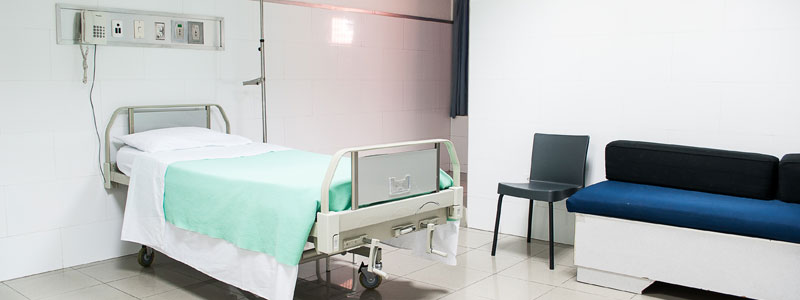Can a Muncie Hospital Be Responsible in a Medical Malpractice Case?

Ball Memorial Hospital was founded by the Ball Brothers in 1929. It is the only hospital in Muncie, and it is now affiliated with Indiana University. According to Gallup, people choose hospitals based on quality of service and low incidence of medical errors. People throughout Muncie choose Ball Memorial based on the high-ranking procedures in four areas, the facilities, and hopefully, the confidence that can be witnessed from the medical staff and professionals.
Even though Ball Memorial has high rankings in surgical areas, the hospital is, like all hospitals, susceptible to medical malpractice cases.
What Does Malpractice Look Like?

To define briefly, medical malpractice is the preventable or foreseeable failure to care for a patient appropriately. Malpractice can be committed by any health professional: doctors, nurses, anesthesiologists, and other healthcare employees of a hospital. Malpractice can also occur in numerous ways but typically can be categorized under two mistakes: commission or omission.
A mistake of commission is comprised of actions that are done in a poor or sub-par manner. Examples of mistakes of commission include objects that are left in patients during surgery, injuries that happen during birth, misdiagnosing, errors in the emergency room, executing unnecessary procedures, prescribing the wrong medication, and more.
A mistake of omission is the failure to act in an appropriate manner to provide care for the patient. Essentially, it’s inaction rather than action. Examples of mistakes of omission are delaying treatment, not making medical care available, neglecting patients’ care, failing to order needed medical tests, providing no follow-up appointments or care, and failing to receive consent for medical procedures.
Both mistakes of commission and mistakes of omission can be considered medical errors. A medical error, according to a 2005 article from the Canadian Journal of Surgery, is an act of either omission or commission while planning or executing care that contributes or could potentially contribute to an unintended result.
After determining an error has been made, deciding who is at fault becomes the next challenge. The resources of a Muncie malpractice attorney are going to be significantly helpful; they have in-depth knowledge of malpractice characteristics to help identify who is liable in your case.
Who Is Responsible?

Not only can health professionals themselves be held responsible, but also the hospital itself may be liable. If a health professional — nurse, medical technician, or hospital employee — commits malpractice, the hospital is responsible for the mishandling of treatment.
However, there are certain cases where the hospital may not be liable, but a doctor is direct. Specifically, the doctor was present when a nurse or hospital employee performed the task prescribed or the doctor has the ability and control to prevent the employee’s error in medical service. If either of these instances applies to the malpractice case, the doctor may be liable directly.
It can be tricky to determine if the doctor works directly for the hospital, so the hospital can assume liability, or if the doctor does not work for the hospital. Hospitals often welcome doctors to use their facilities to perform surgeries in special cases. A Muncie medical malpractice attorney can help you determine whether the hospital is responsible for the actions of the doctor in question.
Let a Muncie Medical Malpractice Attorney Help
The best way to know for certain who is liable is to consult with a Muncie medical malpractice attorney. Medical malpractice can be a difficult case to pursue, especially in Indiana. Consider consulting with Muncie medical malpractice attorneys, who know how to navigate the fine details of sensitive cases such as medical malpractice. Allow the attorneys of Hensley Legal Group to come alongside you; call or contact us online today.
Available 24/7
Free Case Review
You won’t pay any fees until we win your case.
It’s easy - you can: